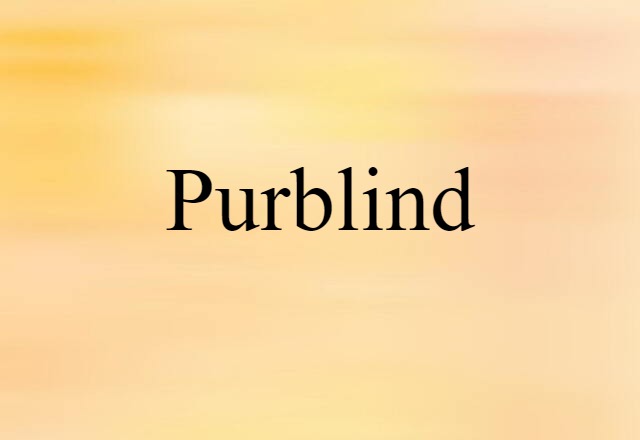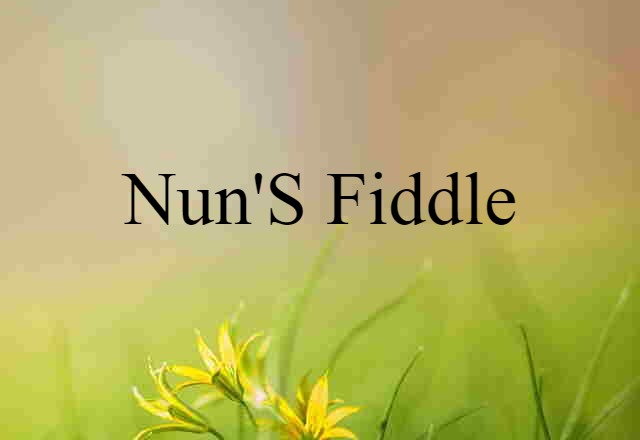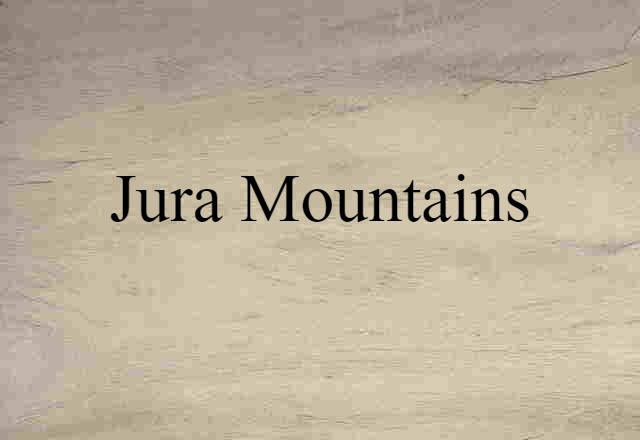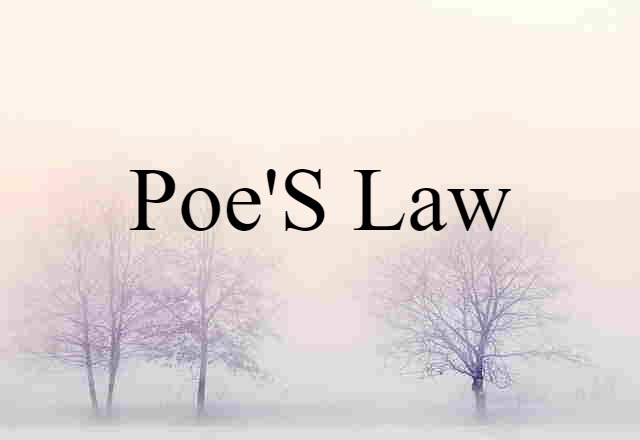- external appearance of a clearly defined area, as distinguished from color or material; configuration: a triangular form.
- the shape of a thing or person.
- a body, especially that of a human being.
- a dummy having the same measurements as a human body, used for fitting or displaying clothing: a dressmaker's form.
- something that gives or determines shape; a mold.
- a particular condition, character, or mode in which something appears: water in the form of ice.
- the manner or style of arranging and coordinating parts for a pleasing or effective result, as in literary or musical composition: a unique form for the novel.
- Fine Arts.
- the organization, placement, or relationship of basic elements, as lines and colors in a painting or volumes and voids in a sculpture, so as to produce a coherent image; the formal structure of a work of art.
- three-dimensional quality or volume, as of a represented object or anatomical part.
- an object, person, or part of the human body or the appearance of any of these, especially as seen in nature: His work is characterized by the radical distortion of the human form.
- any assemblage of things of a similar kind constituting a component of a group, especially of a zoological group.
- the combination of all the like faces possible on a crystal of given symmetry.
- due or proper shape; orderly arrangement of parts; good order.
- Philosophy.
- the structure, pattern, organization, or essential nature of anything.
- structure or pattern as distinguished from matter.
- idea (def. 7c).
- that which places a thing in its particular species or kind.
- the abstract relations of terms in a proposition, and of propositions to one another.
- a set, prescribed, or customary order or method of doing something.
- a set order of words, as for use in religious ritual or in a legal document: a form for initiating new members.
- a document with blank spaces to be filled in with particulars before it is executed: a tax form.
- a typical document to be used as a guide in framing others for like cases: a form for a deed.
- a conventional method of procedure or behavior: society's forms.
- a formality or ceremony, often with implication of absence of real meaning: to go through the outward forms of a religious wedding.
- procedure according to a set order or method.
- conformity to the usages of society; formality; ceremony: the elaborate forms prevalent in the courts of renaissance kings.
- procedure or conduct, as judged by social standards: Such behavior is very bad form.Good form demands that we go.
- manner or method of performing something; technique: The violin soloist displayed tremendous form.
- physical condition or fitness, as for performing: a tennis player in peak form.
- Grammar.
- a word, part of a word, or group of words forming a construction that recurs in various contexts in a language with relatively constant meaning.
- a particular shape of such a form that occurs in more than one shape. In I'm, 'm is a form of am.
- a word with a particular inflectional ending or other modification. Goes is a form of go.
- the shape or pattern of a word or other construction (distinguished from substance).
- temporary boarding or sheeting of plywood or metal for giving a desired shape to poured concrete, rammed earth, etc.
- a grade or class of pupils in a British secondary school or in certain U.S. private schools: boys in the fourth form.
- a bench or long seat.
- a criminal record: She didn't want to believe that her own mother had form.
- an assemblage of types, leads, etc., secured in a chase to print from.
- to construct or frame.
- to make or produce.
- to serve to make up; serve as; compose; constitute: The remaining members will form the program committee.
- to place in order; arrange; organize.
- to frame (ideas, opinions, etc.) in the mind.
- to contract or develop (habits, friendships, etc.).
- to give form or shape to; shape; fashion.
- to give a particular form or shape to; fashion in a particular manner: Form the dough into squares.
- to mold or develop by discipline or instructions: The sergeant's job was to form boys into men.
- Grammar.
- to make (a derivation) by some grammatical change: The suffix “-ly” forms adverbs from adjectives.
- to have (a grammatical feature) represented in a particular shape: English forms plurals in “-s”.
- to draw up in lines or in formation.
- to take or assume form.
- to be formed or produced: Ice began to form on the window.
- to take a particular form or arrangement: The ice formed in patches across the window.
- a combining form meaning “having the form of”: cruciform.
- the shape or configuration of something as distinct from its colour, texture, etc
- the particular mode, appearance, etc, in which a thing or person manifests itself
- a type or kind
- a printed document, esp one with spaces in which to insert facts or answers
- (as modifier)
- physical or mental condition, esp good condition, with reference to ability to perform
- the previous record of a horse, athlete, etc, esp with regard to fitness
- a criminal record
- style, arrangement, or design in the arts, as opposed to content
- a fixed mode of artistic expression or representation in literary, musical, or other artistic works
- a mould, frame, etc, that gives shape to something
- organized structure or order, as in an artistic work
- a group of children who are taught together; class
- manner, method, or style of doing something, esp with regard to recognized standards
- behaviour or procedure, esp as governed by custom or etiquette
- formality or ceremony
- a prescribed set or order of words, terms, etc, as in a religious ceremony or legal document
- philosophy
- the structure of anything as opposed to its constitution or content
- essence as opposed to matter
- (in the philosophy of Plato) the ideal universal that exists independently of the particulars which fall under it
- (in the philosophy of Aristotle) the constitution of matter to form a substance; by virtue of this its nature can be understood
- See logical form
- a bench, esp one that is long, low, and backless
- the nest or hollow in which a hare lives
- a group of organisms within a species that differ from similar groups by trivial differences, as of colour
- linguistics
- the phonological or orthographic shape or appearance of a linguistic element, such as a word
- a linguistic element considered from the point of view of its shape or sound rather than, for example, its meaning
- crystallog See crystal form
- a group distinguished from other groups by a single characteristic: ranked below a variety
- to give shape or form to or to take shape or form, esp a specified or particular shape
- to come or bring into existence
- to make, produce, or construct or be made, produced, or constructed
- to construct or develop in the mind
- to train, develop, or mould by instruction, discipline, or example
- to acquire, contract, or develop
- to be an element of, serve as, or constitute
- to draw up; organize
- (in the philosophy of Plato) an ideal archetype existing independently of those individuals which fall under it, supposedly explaining their common properties and serving as the only objects of true knowledge as opposed to the mere opinion obtainable of matters of fact
- having the shape or form of or resembling

More Definitions
- BARDEEN-COOPER-SCHRIEFFER THEORY (noun) Definition, Meaning & Examples
- TOPPLE (noun) Definition, Meaning & Examples
- STEPHENS (noun) Definition, Meaning & Examples
- TOTAL QUALITY MANAGEMENT (noun) Definition, Meaning & Examples
- SAXE-COBURG-GOTHA (noun) Definition, Meaning & Examples
- ASCENDING NODE (noun) Definition, Meaning & Examples















